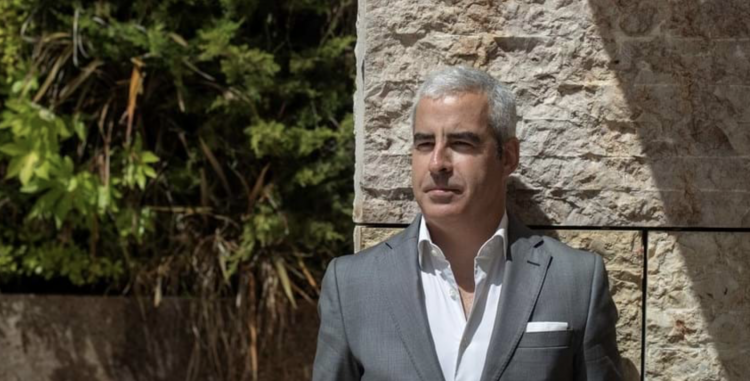Bernardo Lima was in Luanda this Wednesday, in a conversation on the topic "Dilemmas of democracies in a time of geopolitical shock", with the Portuguese ambassador to Angola, Francisco Alegre, and the Angolan journalist Carlos Rosado de Carvalho, which took place at around his book "O Ano Zero da Nova Europa", published last May.
Speaking to Lusa, the researcher at the Portuguese Institute of International Relations at Universidade Nova de Lisboa stressed that China, the largest bilateral creditor in the world, and other private entities and multilateral organizations that are equally creditors "of the least developed countries and also most asphyxiated by debt", they must realize that the covid-19 pandemic and the inflation cycle have worsened the situation in these countries.
"With this, they are hindering the recoveries of countries, the actions of States and Governments to overcome, for example, health and education problems, which are among popular demands. Ultimately, this popular dissatisfaction often results in coups d'état and great instability in the security of countries", he said.
For Bernardo Pires de Lima, creditors must be aware that "through their inertia they are promoting" stability problems in countries and societies.
"In Africa, there are several examples of this. The fiscal slack that eventually exists is to pay debt service. It is not to invest in the educational system or public health, and this has a social price and ultimately a price of political instability, of systems, (which could) even result in a change in the security framework", he stressed.
During the conversation, Carlos Rosado highlighted that despite the Europeans having colonized the Africans, "they don't know Africa very well", looking at the level of demand imposed on development support initiatives, with the provision of credit lines, among others.
"Much of this support is not channeled to Africa and one of the reasons is the level of demand that Europe has in relation to Africa. The African context is different from the European context (...) in Africa many countries complain about this", he said.
Bernardo Pires de Lima, agreeing with Carlos Rosado's statement, highlighted that "many European States do not even have the African continent on their agenda".
"It is up to those who have good relations, historical, commercial, diaspora, bilateral interests, to realize the potential of the relationship between the European Union and Africa, in the stability of the system itself, in the stability of the societies involved, in the creation of jobs and in expectations of a society as young as the African one", he said.
To achieve this, the international policy analyst pointed out, "less paternalism is needed, more interest", and it is up to the States with the most ties to promote future relations with the African continent, within the European framework, with Portugal being one of the countries with this capacity.
In his speech, the Portuguese ambassador stressed that European diplomats in Angola are committed to the challenge of "wanting to draw attention to high-level visits, to permanent dialogue", so that Africans are heard.







